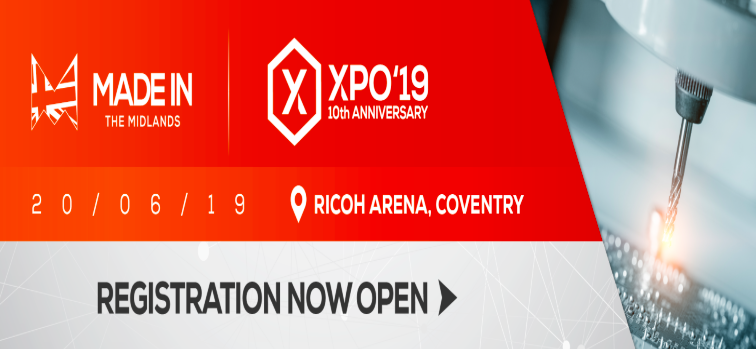Productivity has been at the top of the business agenda for many years. To be competitive ion today’s hyper-competitive global economy, manufactures must become more creative in adopting the latest innovative technologies. Put simply, manufactures must strive to produce more, at lower costs and of better quality. This efficiency can only be accomplished through technology that provides digital insight into health and performance of operations.
The optimum situation is a highly flexible line, running multiple products perfectly in sync with customer needs, and as close to 24 hour a day as is practical. It would be able to optimise itself, take further remote commands and predict impending mechanical failure, so that downtime can be planned to avoid unforced machine closure or missed client orders.
With an increased emphasis on performance, Industry 4.0 – which includes the Industrial Internet of Things (IIoT), robotics and automation – will soon take hold. Ultimately, the earlier that businesses adopt the technology, the better they’ll be to compete on a global scale.
More than a buzzword:
Industry 4.0 is more than just a buzzword used by businesses to improve their image. Yet, organisations and manufactures have not realised the potential of fully digitising their business. When implemented, 4.0 technology can facilitate communications between devices, control systems and cloud data systems to ensure that the best decisions are made, no matter the time or location. Using this is conjunction with analytics can help manufactures to optimise their production processes.
To embrace a smarter, more digitised factory, manufactures need to take every chance to adopt smarter, more connected technologies now. Each new item of equipment must be connectable from inception to allow manufactures to reap long-term benefits.
There are a plethora of examples of IIoT technologies already providing significant benefits. It isn’t simply new greenfield facilities that can benefit. With the addition of connected devices and edge control, brownfield sites can also see significant improvements.
The food and beverage industry, for example, is ripe to benefit from automated technology, particularly in the areas of picking and packing. Huge productivity gains can be made, freeing workers to focus on more important tasks.
With today’s IIoT solutions, its possible to have a fully optimised, online condition-based maintenance. In essence, cloud-based systems can look at the overall performance of every machine cycle, while simultaneously running analytics in the background. This can show whether performance is deteriorating and the most suitable time to schedule remedial work to minimise the effects on production. Equipment up-time is crucial to productivity – if machines break down, products cannot be produced and output slumps.
Another technology underpinning Industry 4.0 is connected sensors. These can identify trends in temperature, pressure, location and so on, and issue alerts before a failure occurs in the production process. This allows for real-time preventative maintenance to eliminate potential catastrophic failures, ultimately extending the lifespan of the equipment.
Robotics and AI:
When it comes to robotics and AI, there is much more that the manufacturing industry needs to do. The advantages of automation through the use of robotics, machine-learning and artificial intelligence need to become more widespread for ROI to improve. Right now, there are only 71 robots in the UK for every 10,000 manufacturing employees, compared to more than 300 in Germany. The UK needs to invest more to fully realise its potential.
Robots can enhance productivity hugely. Their ability to work 24 hours a day and produce a consistent output make them a no-brainer for manufactures. This, alongside artificial intelligence (AI) and machine learning (ML), will allow operational changes to be made at a much faster rate.
There is still a long way to go in the Industry 4.0 journey. Manufactures need to improve productivity and profitability by consistently optimising processes with more connected and smarter technologies – and quickly.
By Martin Walder, Vice-President Industry, Schneider Electric.
Schneider Electric will be one of the members exhibiting at this year's Made in the Midlands Expo on June 20 at the Ricoh Arena in Coventry. To join them or register for tickets to the event click on the banner below and don't forget to visit our new website - www.madeinthemidlandsexpo.co.uk







